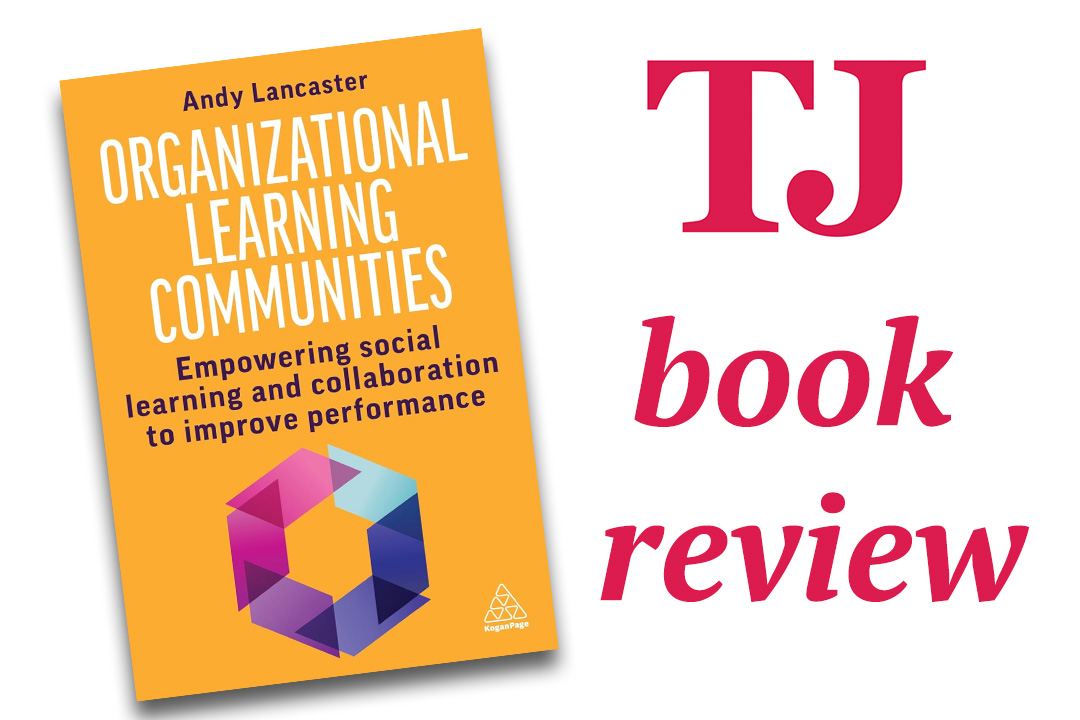AI has transformed both sides of recruitment, but users must understand its pros and cons – Rebecca Napier explains
When it comes to recruitment, artificial intelligence systems are now readily available for both HR professionals and candidates alike. But many businesses still underestimate the capabilities of AI software.
Throughout the recruitment process it is paramount that human interactions lay the foundation as this ensures honest, open and productive communication
At Gi Group, we now implement AI to assist us in improving time to hire. We use AI alongside the expertise of our consultants to create draft job adverts and scan for candidates in order of suitability for roles, helping us to save time and really focus on the best candidates. Not only this, but we’re using AI methods internally to help produce training material and process manuals.
Challenges of AI
However, this positive integration isn’t the case for everyone as the industry has been hit by a wave of new challenges from fake job ads and AI-written CVs, to recruitment bias and digital discrimination. Not only has there been a recent rise in candidates using AI technology to create CVs, but some extend to using the technology to write cover letters and, in some cases, complete recruitment tests. While this could at first seem like a time saving tactic for candidates, these methods can result in high volumes of inadequate CVs, making it harder for genuine applicants to be identified.
It’s perhaps concerning to business leaders that half of applicants are using tools such as ChatGPT to help with the recruitment process, without editing. This can be a really frustrating situation as there are potentially thousands of low-quality applications being added to the market.
However, the misuse of artificial intelligence is not just a challenge for recruiters. Candidates are being met with a rising number of fake job ads since AI became more prevalent in the job market. This wastes the time of genuine candidates and can get their hopes up for a role that doesn’t exist – which can be very deflating. It also creates a real challenge for recruiters, who then have to battle to ensure their integrity and authenticity continues to be trusted.
This addition to the recruitment process is coming at a time when the Office for National Statistics (ONS) reports that 4.3% of people aged 16 and over were unemployed in the UK between August and October 2024, which accounts for roughly 1.51 million people. ONS also highlights that, from September to November 2024, there were 818,000 job vacancies in the UK. These statistics show how important it is that all recruiters find the right candidate for every job.
Digital exclusion and bias
The risks extend to digital exclusion, discriminatory job advertising and targeting, plus perpetuating existing bias, with some experts even reporting inaccurate candidate screening. We have found within Gi Group that its vital recruiters undergo appropriate AI training before any platforms are integrated, so these challenges can be illuminated.
Throughout the recruitment process it is paramount that human interactions lay the foundation as this ensures honest, open and productive communication. Though AI has been a great add-on to bring further efficiencies and reduce the more laborious, administrative tasks, there is a risk of recruitment becoming too transactional, particularly for companies that rely heavily on AI.
Data privacy concerns
I feel at this stage of AI integration, there is still a great deal to learn, on both sides of the recruitment process. Aside from discrimination risks, when personal data is inputted into an AI platform, there is a real risk to data privacy. Individuals can unknowingly share personal information, unaware it’ll be analysed and stored though the AI platform. Transparency is a key element to data protection and such collection and analysis is often invisible. Both candidates and recruiters must fully understand the capabilities of AI for it to be implemented effectively, this is a tool to increase efficiency, not to replace human interactions.
The risk of overreliance on AI
Although the time to hire may significantly improve, the lack of human contact also makes it easier for candidates to not attend interviews, or show up to their first day, which would greatly impact the service we provide to our clients. We have a duty to provide an exceptional service to our customers and I feel there is a fine line between increasing efficiency across the recruitment process and making our service redundant, recruiters need to be mindful of which aspects of the recruitment process they decide to adopt AI.
The importance of empathy and human values
The empathetic and personal approach of a human cannot be underestimated on both sides of the process. For candidates, it is important they remember their value and don’t let AI overrule their potential to secure the right role. For recruiters, remembering their role within the recruitment process is important to ensure the end result is achieved, leaving candidates and clients satisfied.
Rebecca Napier is IT Business Partner at Gi Group



